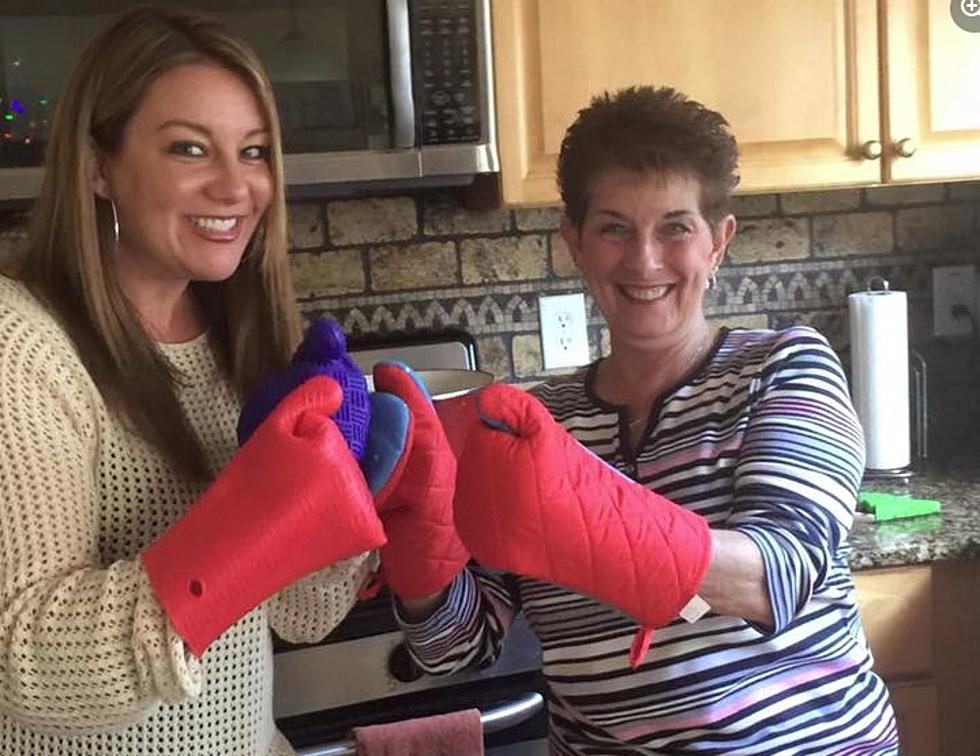
I found a dying cat in my yard — Here’s what I learned NOT to do (Opinion)
Thursday afternoon a cute black kitten took a little nap in the middle of my pool cover. It never occurred to me that he was doing anything more than lazing in the sun.
In hindsight, I believe he was looking for water in the spot where a small puddle sometimes forms.
I have no idea if the kitten was injured or starving when it returned on Friday and I found it lying very still for too long. At first, I thought it was just taking another nap in the sun like cats are wont to do until my grandkids called me over and said, “Wow, grandma, this kitten takes a longer nap than anyone!”
I realized that the cat was absolutely motionless. For a good half hour, too still for comfort.
Everyone at home started to get nervous, so my son ran out to check if it was breathing. It was, but the breaths seemed shallow with a thready pulse.
I remembered reading that just like humans, injured animals should not be moved or fed, so I was at a loss. I called my local ASPCA who told me to call my local police and ask them to dispatch Animal Control. Six minutes later, the cat, who was determined to still be alive, was rushed to a nearby veterinary hospital.
I called a veterinarian friend to ask what else I should’ve done. He said that under the circumstances there was no other action I could’ve taken.
I had to read up on how I handled the situation and it turns out I did exactly the right things: Don’t move, pick up or feed the animal, and approach very quietly and slowly if you feel you need to assess the situation.
According to an article on Petfinder.com, the best thing to do in most cases is to leave the animal alone and call for help.
The sweetest animal in the world can bite in response to pain. The slightest movement can make an injury worse.
Before handling an injured animal, enlist the help of medical personnel even over the phone to assess the animal. If THEY suggest moving it or picking it up, they can give you better instruction on the proper handling technique for the specific injury or illness just as 911 operators are trained to do.
Loving and caring about animals doesn’t make you a veterinarian. So consult with experts before you treat any sick or injured animal.
The post above reflects the thoughts and observations of New Jersey 101.5 talk show host Judi Franco. Any opinions expressed are Judi Franco’s own.
LOOK: Here are the pets banned in each state
More From 94.3 The Point
![10 Fabulous Outdoor Heated Dining Restaurants in Ocean County, NJ[Photo Gallery]](http://townsquare.media/site/394/files/2021/11/attachment-dinner-monkeybusinessimages-creative-services.jpg?w=980&q=75)









